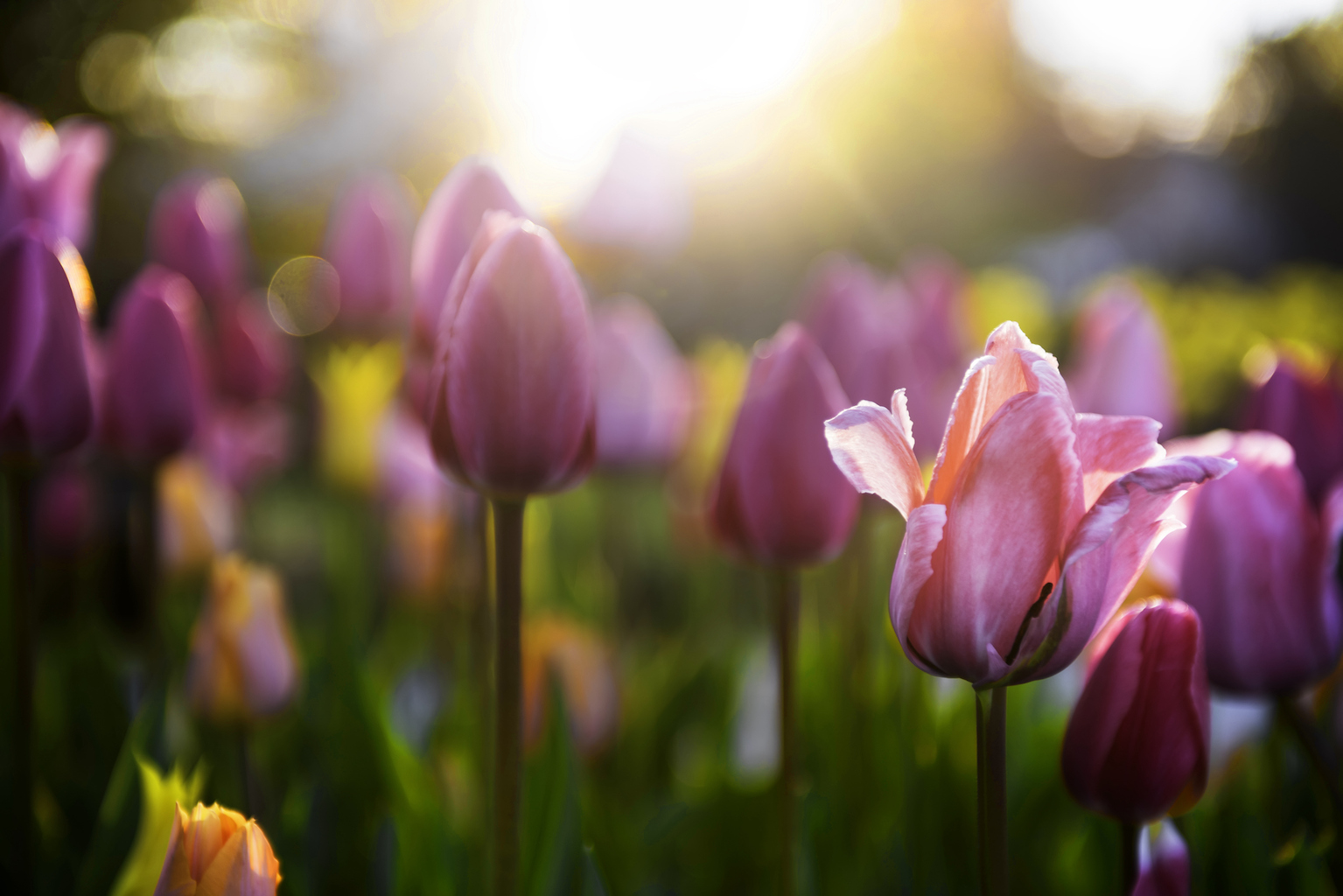It’s late summer, when the temperatures are high and rain often sparse – or torrential and brief – and plants will reflect this seasonal drought; leaves of hardwoods are dull and drooping and herbaceous plants flag into the same semi-wilt. Plants will naturally stretch their roots more deeply into the soil, seeking out life-preserving water.
We all know what it’s like to feel parched and thirsting and will do anything to get relief.
When we dig up a plant and knock off the soil, we can see the larger and more obvious roots that emanate from the central crown, giving physical support. Attached to those are smaller branching roots that take up the largest share of water and nutrients; some are so tiny they look like delicate silk threads. When damaged, these smallest of roots can lead to a noticeable and, if unaddressed, a finally catastrophic decline.
Damage can occur to the plant through environmental conditions or by our own unwitting actions; we may have been careless and planted something in the wrong location, been inattentive and failed to add water when needed, did not read the fertilizer directions carefully, or added too much of a good thing and utterly burned the roots.
When we look at our roots of faith, we can see something analogous to those tiny filaments that reach out for nourishment; in a similar way our soul seeks sustenance from the Holy Eucharist, and our hearts, minds and spirits look to the Lord for our consolation and peace.
Our thinnest spiritual threads feed and support the larger network of faith, but they can be damaged, also. We, too, become depleted and fragile from a prolonged experience of spiritual dryness or drought – those times when what seemed essential to our spiritual well-being appears to be lacking or feels blocked. In the spiritual desert, we thirst deeply for what is missing.
A healthy plant is resilient to minor root injury and can – with attention and patience – be restored to its original state. Even extensive damage, with proper care, is often reversible. The crux of the matter, though, is that the longer these less-than-optimal conditions go on, the more damage occurs and the more difficult it is to overcome the deterioration.
And here we see that the analogy holds. If I am not attentive to the smallest needs of my spirit, then decline is imminent and, if unchecked, can lead to catastrophic loss of faith. It can begin with an addiction given into, or moving away from the Church because of scandal or ideology, or a sense of overwhelming apathy and a lack of hope.
When we are in a season of spiritual drought, we feel like we are not being given what we need to flourish in the faith – as if we are drying up. We simply stop our spiritual practices – we let go of prayer, stay home from Mass and otherwise assist in our own spiritual demise.
As with our plants, the longer the damaging behavior goes on the longer and more complex the stages to restoration.
But spiritual recovery, no matter how deep and prolonged the drought, is possible through grace, and through our willingness to take the necessary steps to heal. It may take time, confession, and sacred reading – and possibly even some one-on-one spiritual direction – but healing will come, and we will be all the more aware in the future of how to manage a spiritual drought and avert woeful damage.
We can always stretch our spiritual roots more deeply into the teeming soil of the Church seeking the waters of lasting baptism. Even during a spiritual drought, if we are strongly rooted and committed to our spiritual self-care, we are assured that Our Lord’s grace will restore us to health.
Margaret Rose Realy is a Benedictine Oblate and the author of “A Garden Catechism: 100 Plants in Christian Tradition and How to Grow Them” (OSV, 2022).

